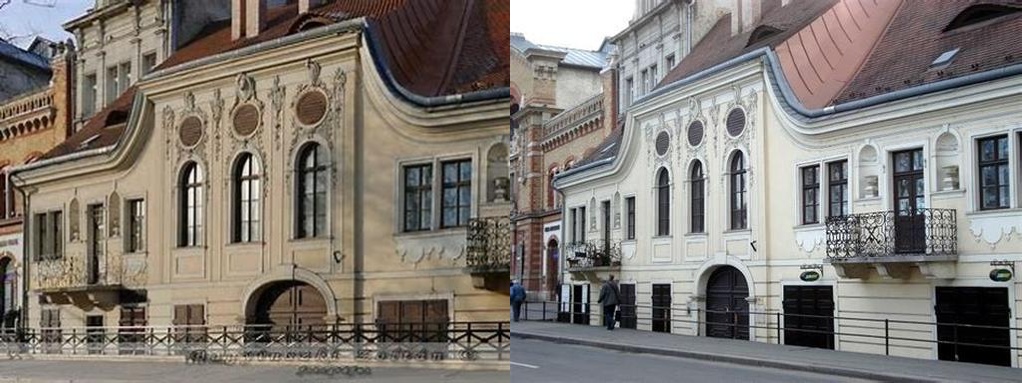
Fehérkereszt vendégfogadó, or the White Cross Inn, is one of the oldest surviving inns in Buda, and it is an unmissable stop for any curious traveler exploring the city’s enchanting Castle District. As you stroll through the atmospheric labyrinth of cobbled streets and pastel façades known as the Buda Castle Quarter, the warm, timeworn charm of the White Cross Inn stands as a living testament to centuries of Hungarian hospitality and legend. The very stones here seem to hum with the whispers of merchants, soldiers, and poets who have dined and rested within these ancient walls.
This historic inn traces its origin all the way back to the 15th century, making it not only a building but a keeper of stories. The name “Fehérkereszt” (White Cross) is thought to stem from a white stone cross that stood on the site, a symbol of refuge and perhaps divine protection for weary travelers navigating the medieval landscape. The location of the inn is no accident; set near key trade routes and just a stone’s throw from the majestic Matthias Church, the inn blossomed as an integral meeting place for the vibrant mix of cultures—Hungarian locals, German burghers, Ottoman envoys, and, later, Habsburg nobles—all drawn together by the irresistible promise of food and drink, fiery conversation, and a soft bed.
History buffs will find much to marvel at. The White Cross Inn played a subtle, yet important role in the ever-changing tapestry of Budapest’s past. It survived the Ottoman occupation—sometimes serving officials, sometimes sheltering rebels—and continued to operate even as other nearby taverns closed their doors. Legend has it that Miklós Zrínyi, famed military leader and poet, once found shelter here after a daring escape in the winter of 1664. Whether you’re a believer in such tales or simply love the thrill of standing where history unfolded, every glance at the worn doorways and smoky beams fires the imagination.
Beyond its historical importance, the inn offers an intoxicating sense of atmosphere. The carefully preserved interior—the wavering candlelight, the thick, whitewashed walls, the nooks that invite quiet conversation—transports visitors directly to the past. Sit back at a creaky wooden table, order a glass of bold Tokaji wine or a plate of paprikash, and let the centuries melt away. The menu itself is a tribute to Hungarian culinary traditions, with recipes said to be handed down from the cooks who once served the gentry and travelers of the Renaissance and Baroque.
If you’re looking for a storybook backdrop for your exploration of Budapest, a visit to the White Cross Inn is essential. It’s more than an architectural relic; it’s a living, breathing link between past and present, a place where you can raise a glass as so many have before, surrounded by the living memory of Buda’s most dramatic moments. Whether you’re a solo wanderer hungry for stories or a family seeking an unforgettable meal, let Fehérkereszt vendégfogadó offer you a warm welcome and a seat at the old, well-worn table of history.





